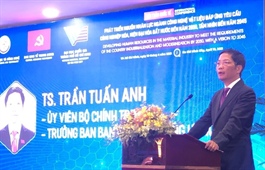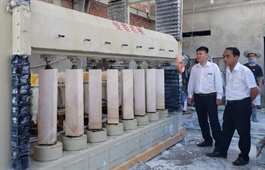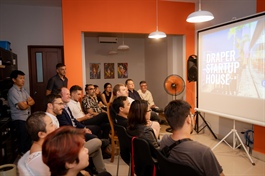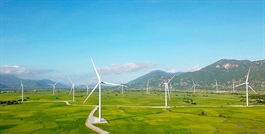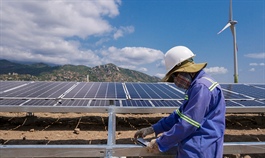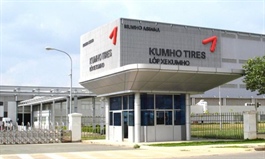Semiconductor crisis forces top-level action
Semiconductor crisis forces top-level action
The global shortage of semiconductors is not letting up, with governments and multinationals scrambling to resolve the situation sooner rather than later.
|
Semiconductor crisis forces top-level action. Source: freepik.com
|
The world’s semiconductor industry sales hit $40 billion for the month of January – a rise of 13.2 per cent on-year, revealed the Semiconductor Industry Association.
Now, consumers are having to deal with price hikes and a lack of products from automobiles and videogames to TVs and smartphones as a global shortage in semiconductors grows.
The shortage in chips, the so-called “brain” within every electronic device, has been slowly getting worse since last year, according to The Guardian. Temporary delays in supplies as factories shut down due to the coronavirus pandemic caused initial issues. However, although production is somewhat back to normal, surges in the demand driven by new habits stemming from the pandemic is causing the situation to worsen.
Mainly, a boom in sales of TVs and computers, the launch of brand new videogame consoles, and arrival of 5G-enabled mobile phones have all driven the demand.
The crisis has even affected Apple, the biggest buyer of semiconductors at $58 billion annually. It was forced to delay the launch of the iPhone 12 by two months last year as a result of the shortage.
“Chips are everything,” said Neil Campling, media and tech analyst at Mirabaud. “There is a perfect storm of supply and demand factors going on here. But there is a new level of demand that can’t be caught – everyone is in crisis and it is getting worse.”
In possibly the most shocking development, Samsung – the world’s second-largest buyer of chips – last month said it might have to postpone the launch of a high-end smartphone, despite also being the world’s second-largest producer of chips.
“It is incredible that Samsung sells $56 billion of semiconductors to others, and consumes $36 billion of them itself, finds it may have to delay the launch of one of its own products,” said Campling.
Ford meanwhile recently cancelled shifts at two car plants and said profits could be hit by up to $2.5 billion this year due to chip shortages, while Nissan is delaying output at plants in both the United States and Mexico. General Motors also said it could face a $2 billion profit hit.
In February Sony, which along with other console makers has struggled with stock shortages over the last year, said it might not hit sales targets for the new PlayStation 5 this year. Its rival, Microsoft’s Xbox, forecasts supply issues continuing at least until the second half of the year.
In a bid to unblock the jam, governments are now getting involved. CNBC reported a fortnight ago that US President Joe Biden is looking to place $37 billion into the sector in an attempt to lower America’s reliance on overseas supply chains. Biden said at the end of March, “We shouldn’t have to rely on a foreign country to provide for our people. We need to sharpen America’s competitive edge by investing here at home.”
But countries including the US and Germany have also reached out to Taiwan to help remove bottlenecks in production. Along with the pandemic, the new administration believes the semiconductor shortage was exacerbated by the previous president’s actions against China.
“Manufacturing of microelectronics in the US has reached a historic low, and this is a big problem for us,” said Terry Halvorsen, IBM’s general manager for Client and Solutions Development.
Taiwan dominates the outsourcing of semiconductor manufacturing. Its contract manufacturers together accounted for more than 60 per cent of total global revenues in the field in 2020, according to Taipei-based research firm TrendForce. Much of its dominance is due to Taiwan Semiconductor Manufacturing Co., Ltd. (TSMC), the world’s largest foundry. TSMC accounted for 54 per cent of all revenues via outsourcing of semiconductor manufacturing globally last year.
Dan Wang, a technology analyst at research firm Gavekal said, “Looking at market share, TSMC manufactures around 50 per cent of all semiconductors in the world – and I think that still understates how important it is because these are some of the most advanced chips out there.”
At the start of March, TSMC said it plans to invest $100 billion over the next three years to increase capacity. The move came after Intel Corporation’s announcement to spend $20 billion on the expansion of advanced chip-making capacity.
“Ultimately, securing the microelectronics supply chain of the US and its allies is a challenge they need to face now,” Halvorsen of IBM noted. “It’s the only way we can ensure sustainable long-term capability in this critically important area.”
The last big supply shock for the industry was a decade ago after the Fukushima earthquake damaged operations at Renesas Electronics, the number three supplier of auto chips.








